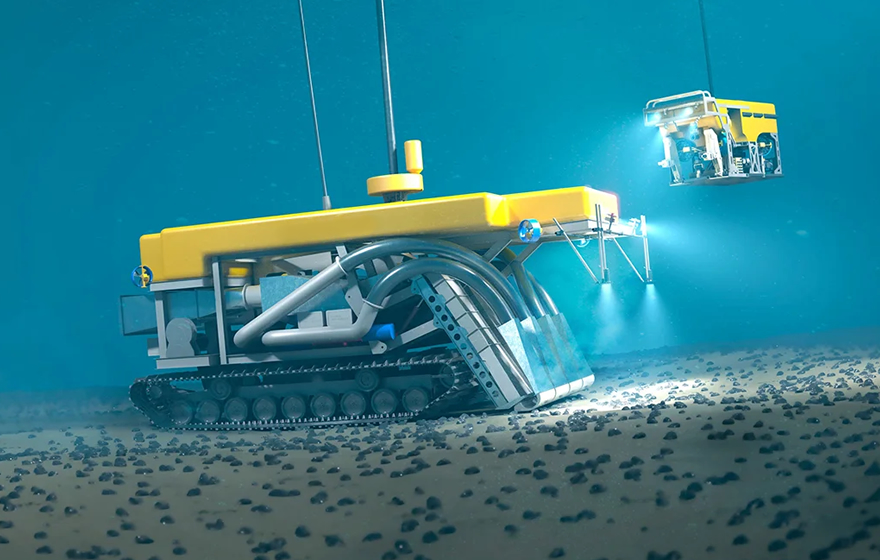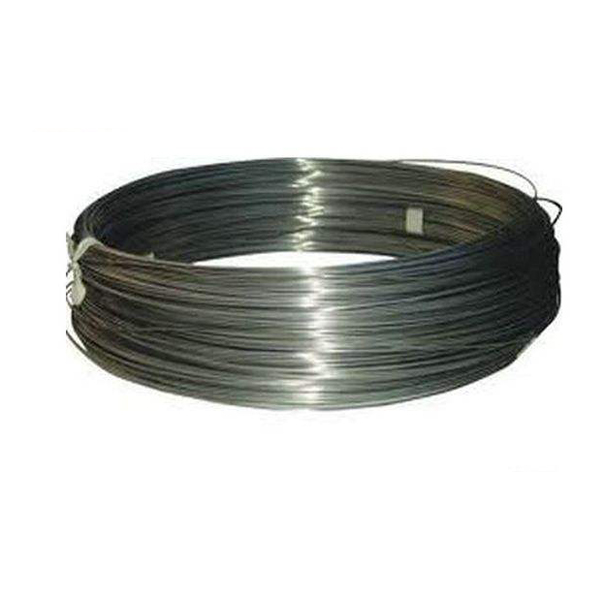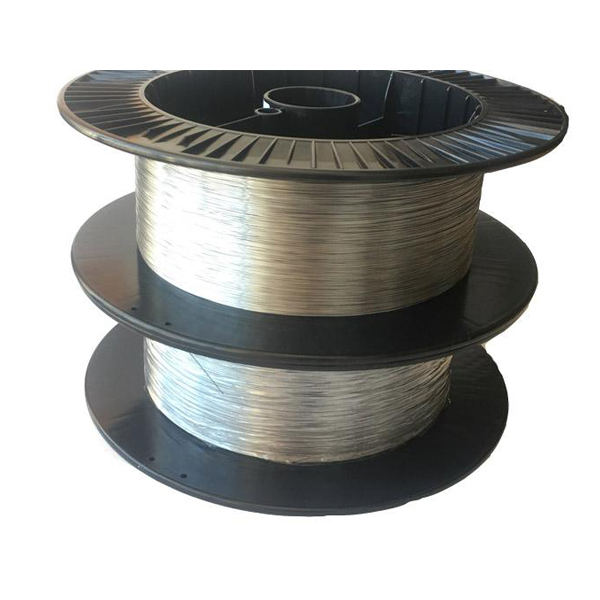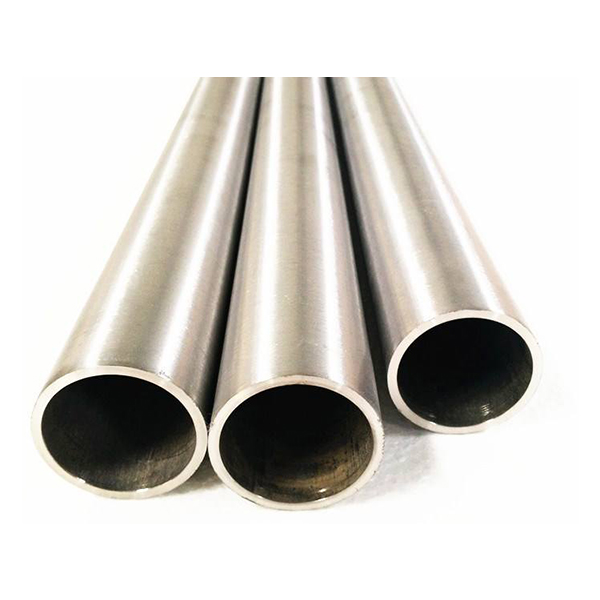
The discovery of tellurium trigger a dilemma: on the one hand, it is necessary to create a large number of green energy resources, but on the other hand, the resources of mining may do great harm to the environment.
What is the trade-off between green energy creation and mining destruction
According to a report in the MIT Technology Review, the researchers found under the ocean surface rare metal, but largely brought the discovery a pressing problem: in the process of the exploitation of natural resources, where we should draw a line.
According to the BBC, scientists have identified a very rich rare earth metal tellurium in the sea mountains 300 miles off the coast of the canary islands. About 1, 000 metres below the surface of the sea, a two-inch-thick rock encased in the undersea mountains contains a rare metal tellurium above 50, 000 times that of land.
Tellurium can be used in some of the world's most efficient solar cells, but it also has problems that are hard to exploit, like many rare-earth metals. The mountain can produce 2,670 tons of tellurium, the equivalent of a quarter of the world's total supply, according to the project led by Bram Murton.
This is not the first time that the mining of rare metals has been noticed. All metals are known to exist in rocks at the bottom of the ocean, and some organizations have shown interest in mining them. Nautilus Minerals, a Canadian company, initially faced resistance from the government, but is now working to extract copper and gold from the Papua coast by 2019.China is actively studying how to dig for metals from the bottom of the Indian Ocean, but has yet to officially start. The resources of the seabed are attractive, and our current research on electric cars and clean energy has expanded the demand for rare metals and precious metals. Land resources are now expensive to exploit, but access to these resources from the bottom of the sea seems likely to meet the growing demand for clean energy in the future. And it is clear that developers can make a big profit.
But the paradox is that there are now many scholars concerned about the environmental damage of these schemes. Earlier this year, for example, an analysis of deep-sea mining tests showed that even small-scale trials could destroy Marine ecosystems. The fear is that greater action will lead to greater destruction. And it is not clear if the ecosystem disturbed, how will cause worse consequences, even may interfere with the ocean drive weather patterns or segregation of carbon.
Tellurium discovery raises a disturbing dilemma: on the one hand, it is necessary to create a large number of green energy resources, but on the other hand, these resources of mining may cause great harm to the environment. This raises the question of whether the benefits of the former outweigh the potential consequences of the latter. Answering this question is not simple, but thinking about it gives us a further insight into whether we really are ready to explore their full value.

























